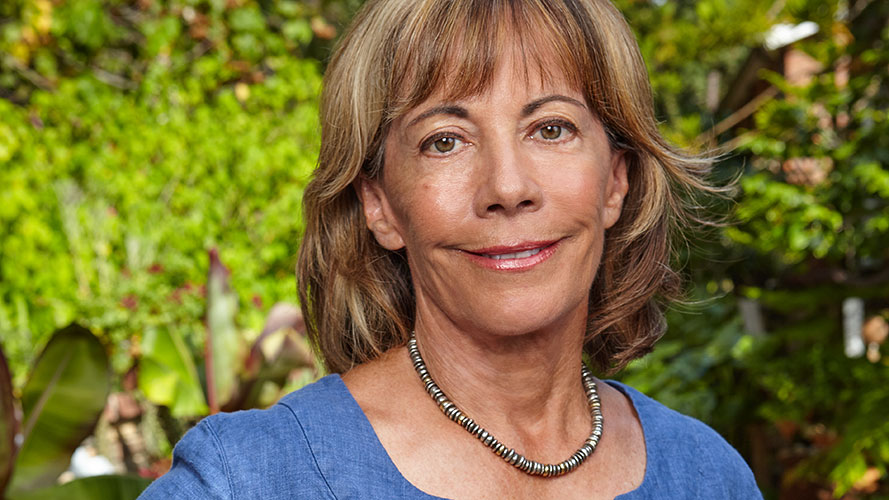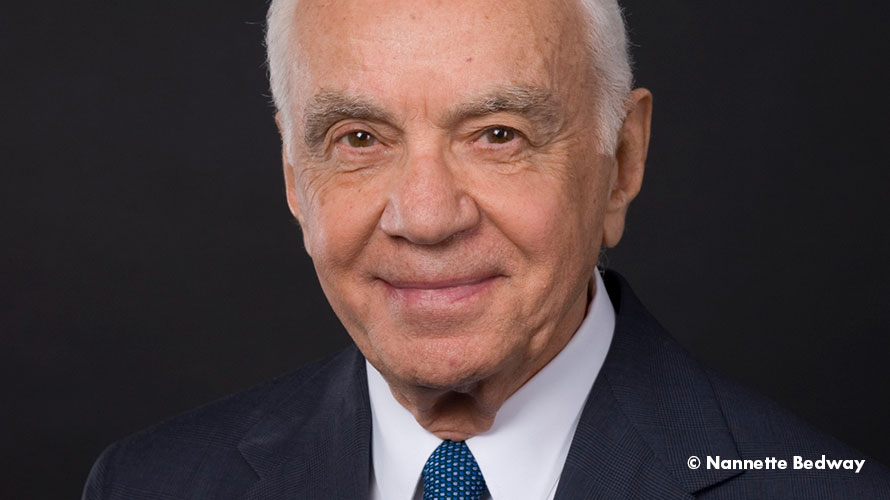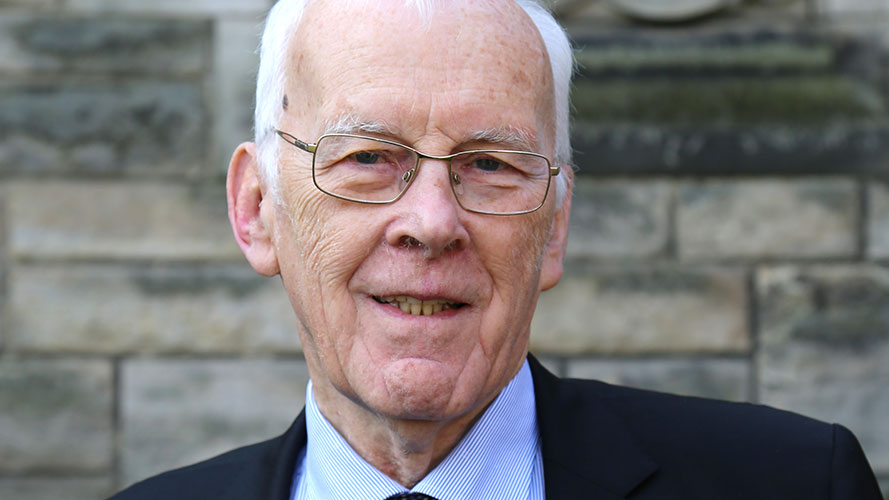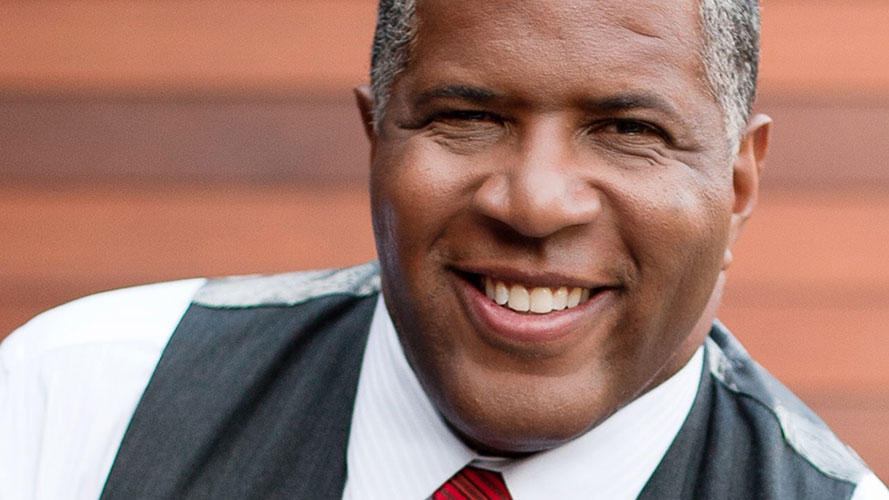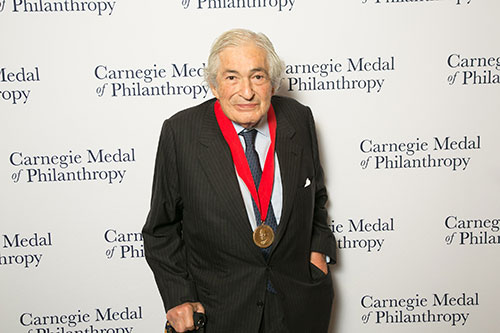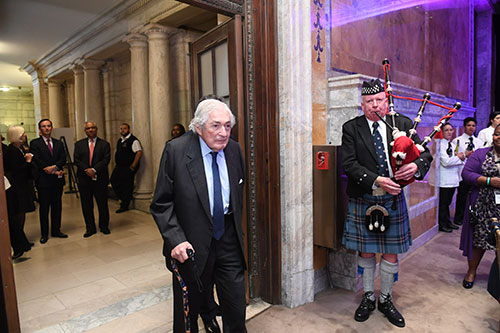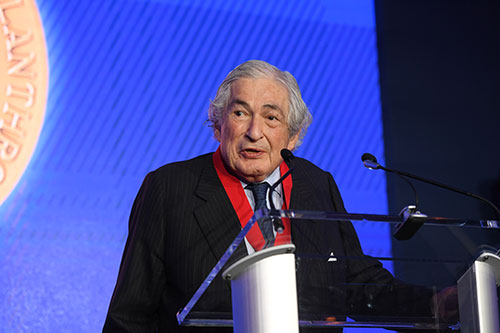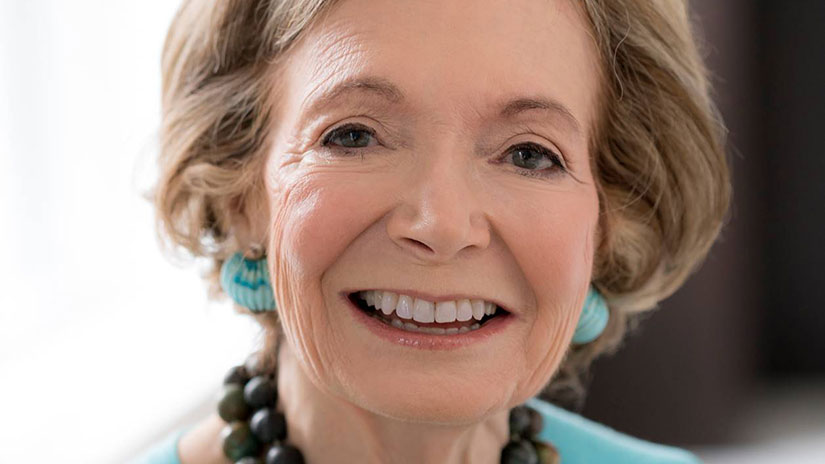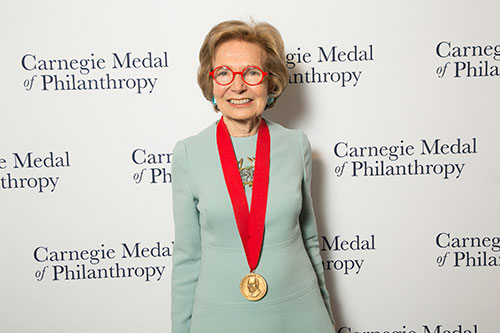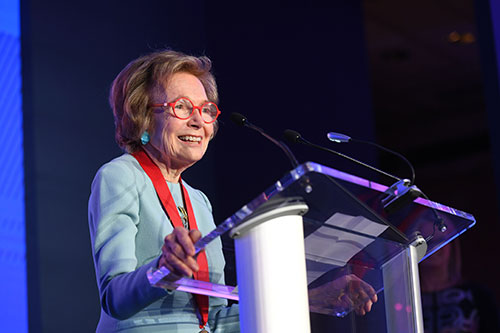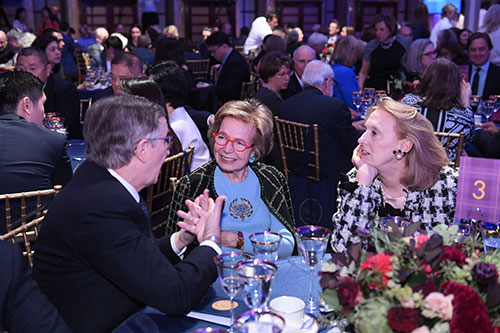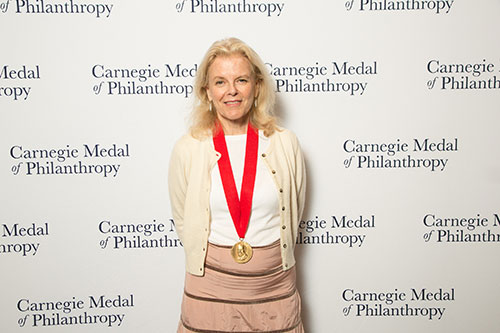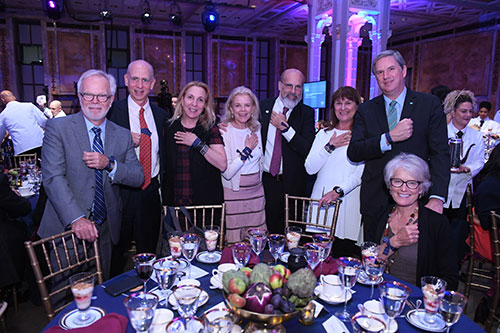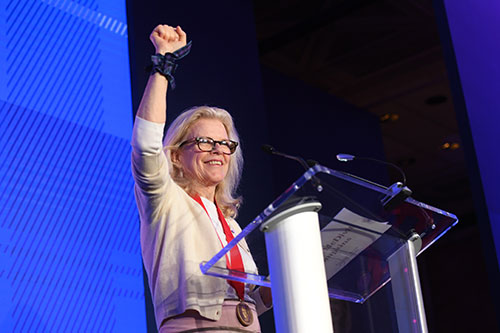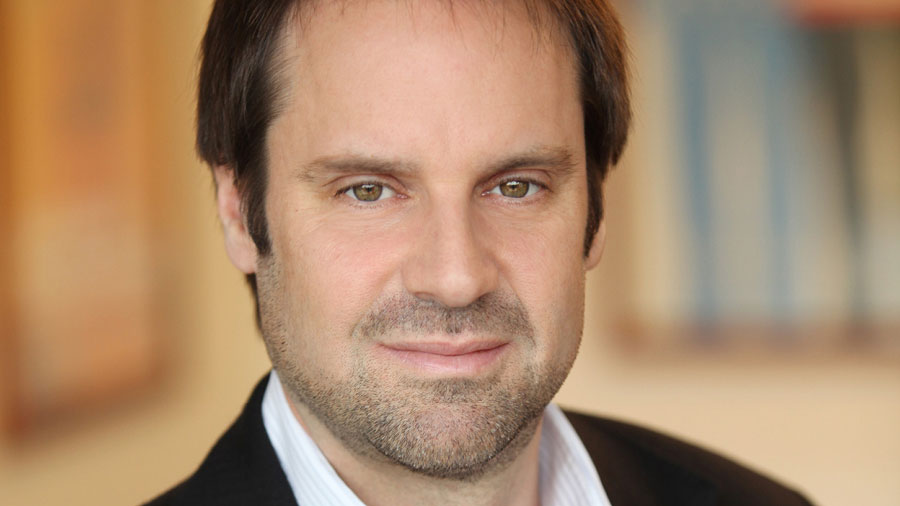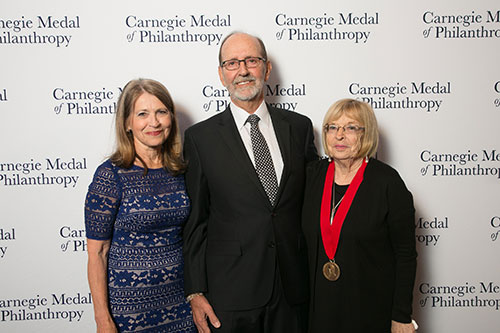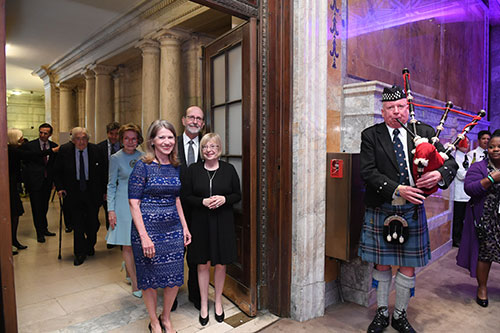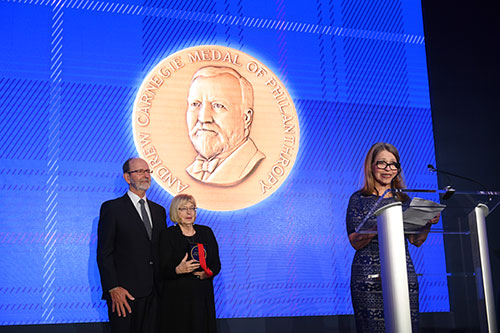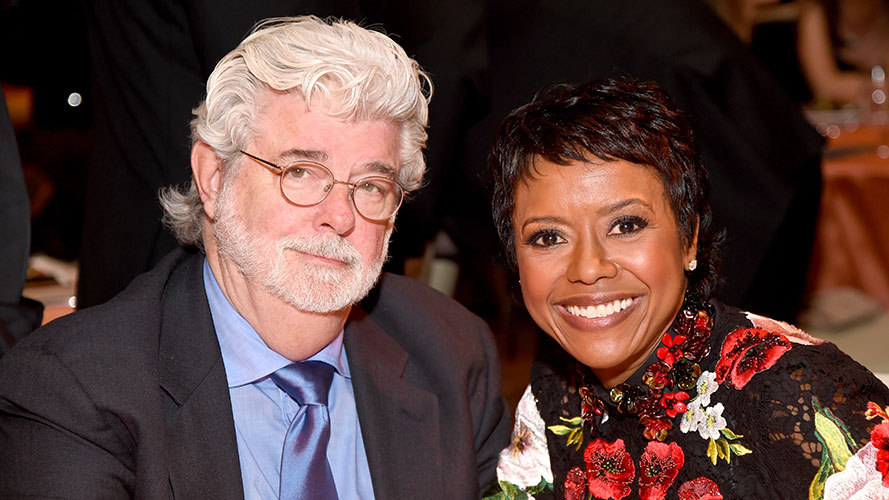
Hobson, Mellody and George Lucas
Medal Citation: 2019 Carnegie Medal of Philanthropy
In The Gospel of Wealth, Andrew Carnegie wrote that the privileged are capable of organizing “benefactions from which the masses will derive lasting advantage.” Through their philanthropy, Mellody Hobson and George Lucas invest in education, arts, and culture to counter disadvantage, with programs promoting personal development, scholastic achievement, and professional accomplishment.
Like Andrew Carnegie, Mr. Lucas describes education as the “foundation of our democracy and a stepping-stone for youth to reach their full potential.” The legendary filmmaker credits his undergraduate education at the University of Southern California School of Cinematic Arts with giving him the right tools to flourish in a competitive industry, while a degree from Princeton University propelled Mellody Hobson from modest origins to become the co-CEO and co-president of Ariel Investments. Together, the director and the preeminent investor have designated the George Lucas Family Foundation as the vehicle for committing their combined talents and resources to the betterment of society.
In 1991, Mr. Lucas established the George Lucas Educational Foundation, with the aim of transforming K–12 education through project-based, social-emotional learning, comprehensive assessment, teacher development, integrated studies and technology. The foundation’s mission is for all students to “acquire and effectively apply the knowledge, attitudes, and skills necessary to thrive in their studies, careers, and adult lives.”
In addition to her philanthropic work, Ms. Hobson also chairs After School Matters, a nonprofit whose quality programs encourage the intellectual and creative expression of inner-city teens in Chicago, while also ensuring their outstanding academic achievement. Its Freshmen On-Track program has a remarkable record of supporting student success: 90 percent of participants graduate from high school — 11 percentage points higher than the state’s average graduation rate for low-income students.
Education is a cornerstone of the George Lucas Family Foundation, but its philanthropic efforts extend much further. Acknowledging the extraordinary stresses and demands placed on those with socioeconomic disadvantages, a results-focused approach meets the wide-ranging needs of the people it serves. Together, Ms. Hobson and Mr. Lucas support organizations that are making the world healthier, safer, and more vibrant, including childhood development and mentorship programs, gun control and environmental advocacy groups, museums and cultural institutions, as well as medical institutions.
The Selection Committee believes that Andrew Carnegie would applaud the generous investment in disadvantaged communities made by Ms. Hobson and Mr. Lucas, benefiting generations to come.
The Carnegie family of institutions is honored to welcome Mellody Hobson and George Lucas as recipients of the Carnegie Medal of Philanthropy.

